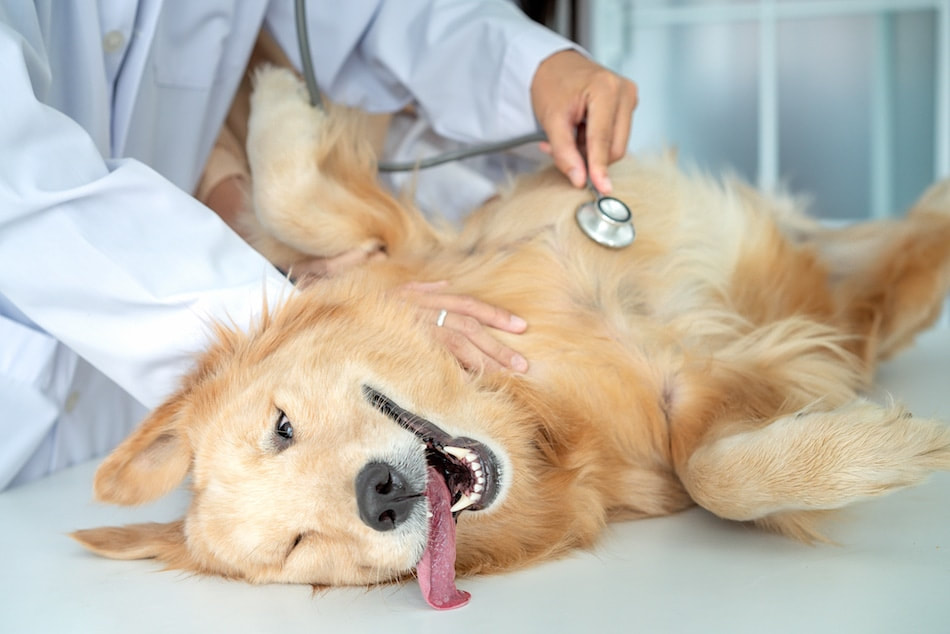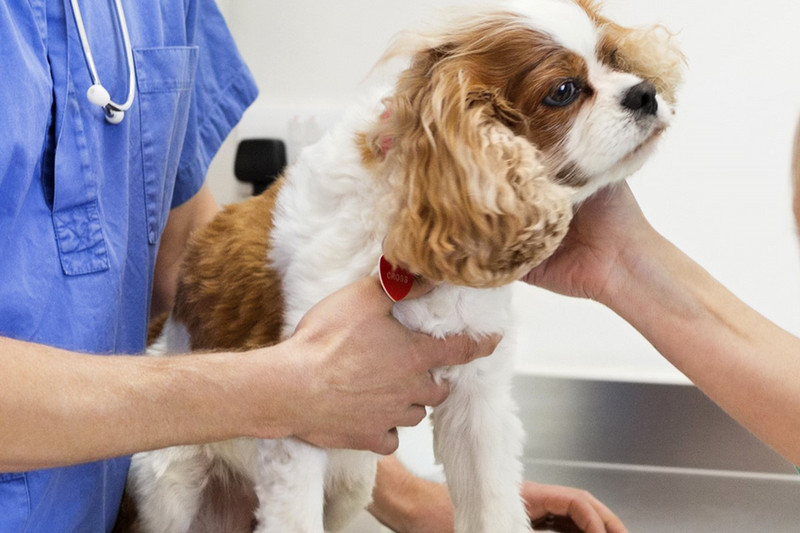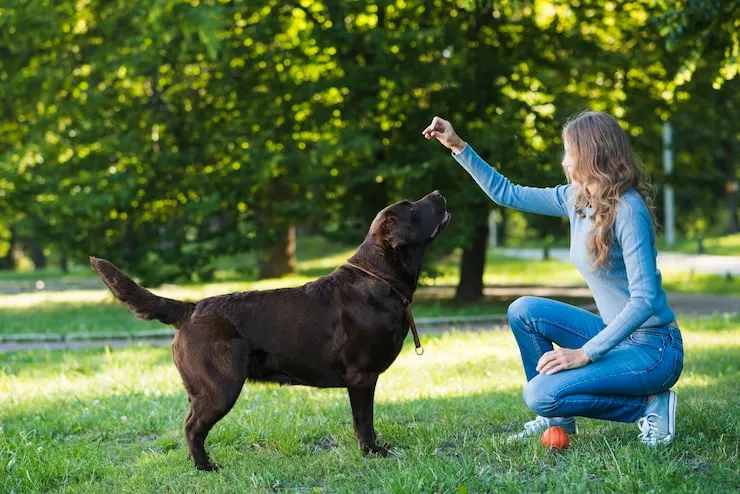You can feel less nervous if you know what to anticipate when you take your pet to the clinic for the first time. As the person in charge of maintaining your pet's health, you can also assist them in getting ready to see the veterinarian.
Here is a tip for new pet owners on what to anticipate from their first visit to the veterinarian. We'll also go over how to get your companion ready and what to do when they go.
Preparing for Your Visit to the Veterinary Clinic
To ensure that everything goes properly, it is imperative that you are ready before bringing your pet to the veterinarian for the first time. Prepare to bring the following items:
-
Bring your pet's medical records, immunization records, and, if relevant, information about the breeder or adoption. The veterinarian will have a better understanding of your pet's medical history thanks to these documents.
-
Medication List: Enumerate your pet's prescription drugs, dosages, and dietary supplements.
-
Details of the diet and food: Keep track of your pet's food intake, including the brands of treats and pet food, as well as when it is fed.
-
Observations on Behavior: Make a note of any troubling behaviors to discuss with your veterinarian, such as changes in eating and activity levels.
-
Items of Comfort: When traveling to a new location, pets may experience anxiety. Bring things they are comfortable with, such as toys or a blanket, to help them feel safe and secure.
-
To find out if you need to bring stool samples or if your pet needs to fast for any particular diagnostic tests, you can give the veterinarian clinic a call ahead of time.
Arriving At The Veterinary Clinic

Remember that there may be other animals at the veterinary facility besides your cat. Arriving a little sooner than the planned visit is preferable. Before you see the veterinarian, this will provide you and your pet some time to become used to the new surroundings.
-
Safety: Use a carrier for small animals, such as cats, to keep your pet safe. To adhere to local laws, such as those in Dubai, where it is prohibited to keep pets outside without a lead, you should use a leash or body harness for larger animals, such as dogs.
-
Etiquette: You should let the clinic personnel know if your pet seems nervous. To prevent causing anxiety to other pets in the waiting area, you might have to wait outdoors or in your car.
-
Paperwork: You will need to complete out documents regarding your pet if this is your first visit. To provide time for this, arrive at the clinic a few minutes early.
What To Anticipate From Your Pet's Initial Examination
The veterinarian will examine your pet thoroughly to determine its health during your initial visit to the facility. Depending on the clinic's standard operating procedures, the technique could alter.
Physical Examination
The veterinarian starts by determining your pet's weight, temperature, and general physical health during the initial checkup.
The veterinarian will then examine the animal's eyes, ears, mouth, coat, and teeth for any obvious symptoms of disease. Lastly, a checkup of your pet's heart and lungs will determine whether there are any underlying health issues.
Vaccinations
The veterinarian will give the necessary immunizations to kittens and pups. Since the Dubai Municipality requires all dogs and cats to receive certain vaccinations, such as rabies shots, this is a common practice for the initial visit to the veterinarian.
After that, the veterinarian will go over a vaccine regimen that you need adhere to in order to keep your pet healthy.
Microchipping
Another operation your pet will have during its initial visit is microchipping. A tiny chip, about the size of a grain of rice, will be implanted beneath your dog's or cat's skin during this non-invasive operation.
If your city has any local laws pertaining to this, such as in Dubai, where all dogs and cats must have microchips, you should be aware of them. For this reason, the majority of Dubai's veterinary facilities provide this service.
Read Also: Tips for a Multi Cat Home
Building a Relationship with Your Veterinarian

Having a good relationship with your veterinarian is important because they will help you help your pet live a long and happy life. You will feel more at ease asking questions if you and your veterinarian have open communication.
Selecting a nearby, easily accessible veterinary facility would be excellent. When it comes to routine checkups and emergency veterinary care, this will be more convenient for both you and your cat.
What to Do After Your First Vet Visit
You should closely adhere to the advice and guidelines given by your veterinarian following your initial visit to the clinic. Additionally, you need to remember the following:
-
Plan Follow-Up Consultations: Your veterinarian will advise you to arrange a follow-up appointment. Particularly if you have a kitten, puppy, or freshly adopted pet, these examinations are essential.
-
Keep an eye out for symptoms of illness: The veterinarian may conclude that your pet is healthy. However, constantly look for indications of distress or disease. Get in touch with the veterinary office right once if you observe any symptoms.
-
As directed, administer medications: Make sure you take your pet's medications exactly as prescribed by the veterinarian. If you're not sure how to provide drugs to your pet, such as pills, you can ask your veterinarian to demonstrate the process.
A Positive First Vet Clinic Visit Experience
You and your pet should have a memorable first visit to the vet office. It shouldn't be traumatic or stressful.
You can make sure that your pet has a comfortable first visit to the veterinarian by being organized. Keep in mind to establish a solid rapport with your veterinarian, heed their counsel, and pay close attention to your pet's requirements.


.webp)





